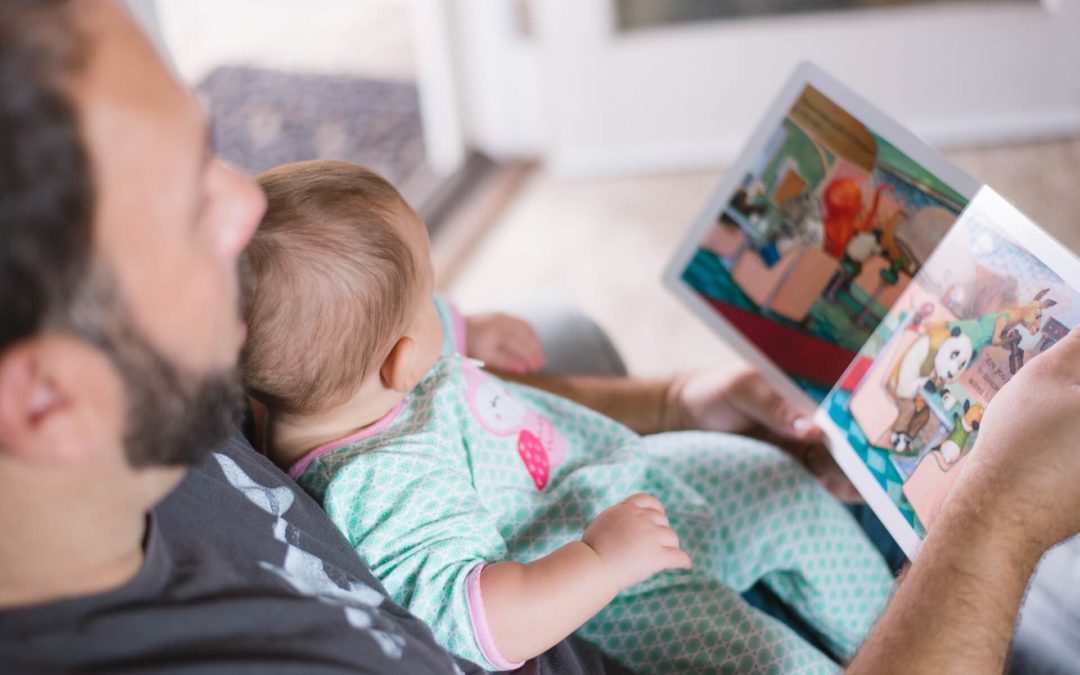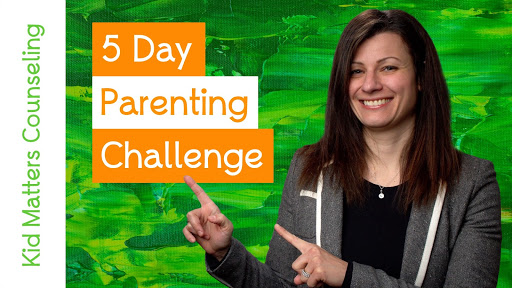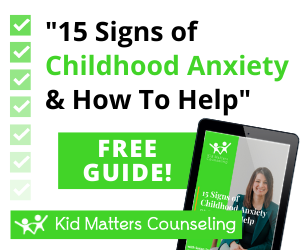As parents, we read books to our young children nightly before bed. We participate in weekly story times and join the library’s summer reading program all in efforts to help teach the skill of early reading literacy. This is spectacular. Way to go moms, dads, grandparents, and caregivers! You are helping your child succeed!
But did you know that early emotional literacy is equally important to a child’s mental health
What is emotional literacy you ask? Emotional Literacy is a term that describes many components of a child’s emotional life.
- Your child’s vocabulary of feeling words.
- Your child’s ability to discriminate between individual feelings states.
- Your child’s ability to accurately communicate their feeling state.
- Your child’s understanding of how their feelings influence others or are influenced by others.
- Your child’s understanding of how their feelings or other’s feelings impact situations.
Goodyear-Brown, P. (2010). Play therapy with traumatized children: a prescriptive approach. Hoboken, NJ: John Wiley & Sons (pg.168).
In normal child development, children enter the world with strong emotional responses but no words to express them. This is why infants cry to get their needs met and young toddlers tend to throw more tantrums than older children. They do not yet have the word to express their feelings at this early stage of development.
It is our job as parents and caregivers to help children form a vocabulary that includes feeling words like happy, mad, sad, scared, frustrated, worried, or confused. As
So now you ask… how do you do all of that?
Luckily you can utilize your love for early reading literacy to help teach your young children emotional literacy as well. Starting as early as infancy, read to your child books that address emotional states and utilize feeling words. Then use the pictures and feeling words in the book to engage your child in further dialog.
To help get you started, here are several of my favorite children’s books that promote positive emotional literacy. I like these books because they are simple, fun, and beautifully illustrated.
Board Books:
- Duck & Goose How are you Feeling? By Tad Hills
- Happy Hippo, Angry Duck by Sandra Boynton
- The Feelings Book by Todd Parr
Toddler:
- Move Your Mood by Brenda Miles
- Sesame Street: Happy and Sad, Grouchy and Glad by Constance Allen
- My Many Colored Days by Dr. Seuss
Pre-school and Beyond:
- Glad Monster, Sad Monster: A Book about Feelings by Ed Emberley
- Feelings by Aliki
- The Way I Feel by Janan Cain
There are many more great children’s books about emotions. Go to your local library and check out a book today.
(Thanks in advance for using the links above. We get a small commission for referring you to Amazon, which we reinvest in different things within the business such as a sliding fee scale for low-income clients and new toys for our play therapy practice.”)
Photo by Daniela Rey on Unsplash

Cheryl Welsh
Child Therapist | LCPC, RPT
Kid Matters Counseling has trained therapists ready to help both kids and parents walk through the tough moments in life.
End the frustration & the confusion and let's work together! SCHEDULE APPOINTMENTNew Clients Call: (855) 586-1802
Current Clients: (855) 543-7687
Ask Us Anything!
We help anxious kids and frustrated parents. We serve Hinsdale & the Western Suburbs of Chicago.
Made with ♥︎ in Hinsdale, Illinois for Chicago
Built By Brand Your Practice.
Kid Matters Counseling, P.C. DISCLAIMER: This website and blog are for informational, educational and general discussion purposes only. It is understood that no guarantee or warranty arises from the information provided, discussed or commented upon in this website and blog nor does it constitute legal or other professional advice on any subject matter. Access to this website and blog is voluntary and at the sole risk of the user. If you think that you have a medical emergency (including clinical), call your doctor or 911 immediately. A licensed medical professional should be consulted for diagnosis and treatment of any and all medical conditions. While the information contained within this website and blog is periodically updated, no guarantee is given that the information provided is correct, complete, and/or up-to-date. See our complete Privacy Policy and Terms of Service.



